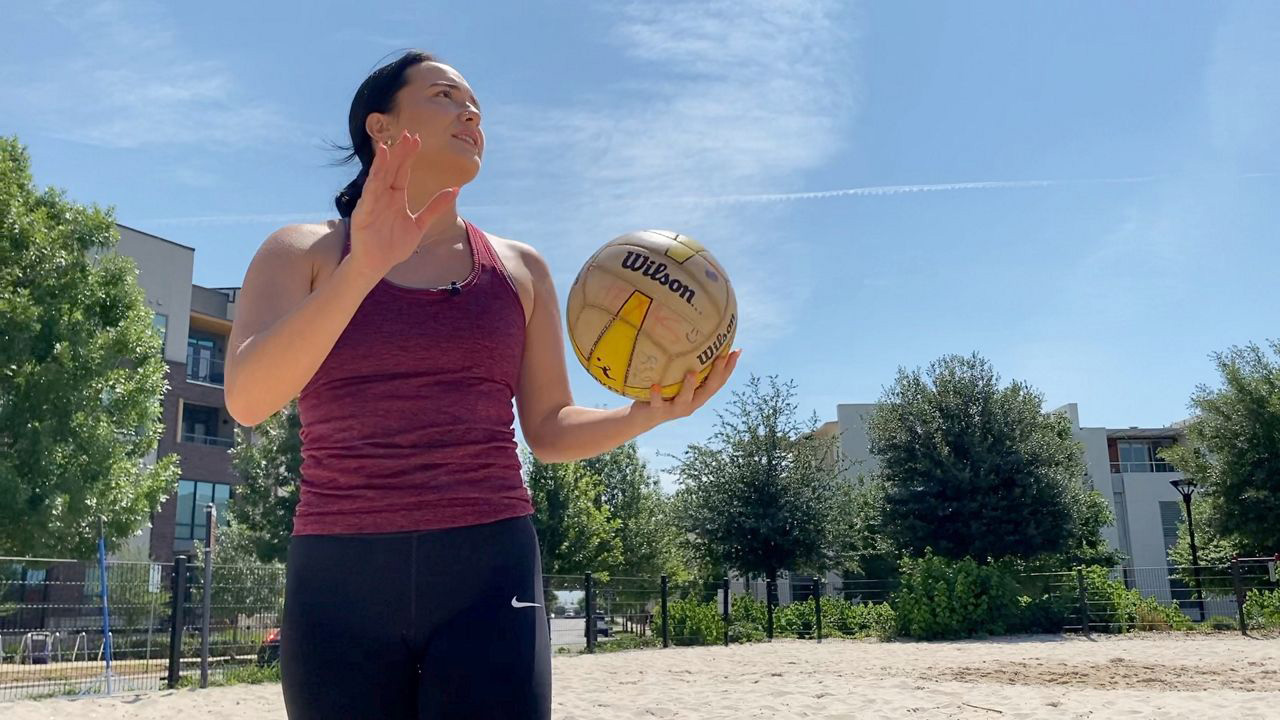AUSTIN, Texas — "I spent the last decade of my life dedicating every single second to getting here and getting to do what I have at the University of Texas,” Jhenna Gabriel said.
Gabriel gave everything to the sport of volleyball until there was nothing left of her to give.
"The physical aspect of it, that gets easier over the four years. Your body gets used to it,” Gabriel said. "Your body gets used to the fatigue. It's the mental part that builds up and never gets any easier."
The pressure of winning, social media and endorsements had taken its toll after a stellar four-year career, which included a run to the 2020 national championship game.
"It was just completely overwhelming, a feeling of just not wanting to show up every day,” Gabriel said.
This past January, the 22-year-old made what she called "the most difficult life decision": to finally put herself first. The Big 12 Setter-of-the-Year left the Longhorns program and began to see a therapist for her daily struggles.
"I walked away feeling lighter, scared for what was next, but knowing I would land on my feet,” Gabriel said.
Tyler Coe, an adviser with the National Alliance on Mental Illness (NAMI) based in Central Texas, says the feeling of overwhelming stress is all too common for college and professional athletes.


